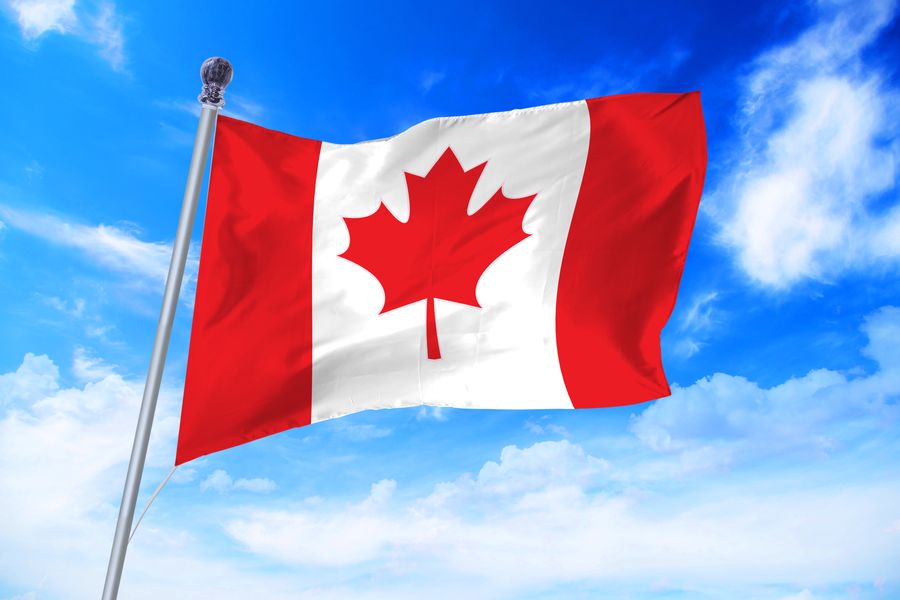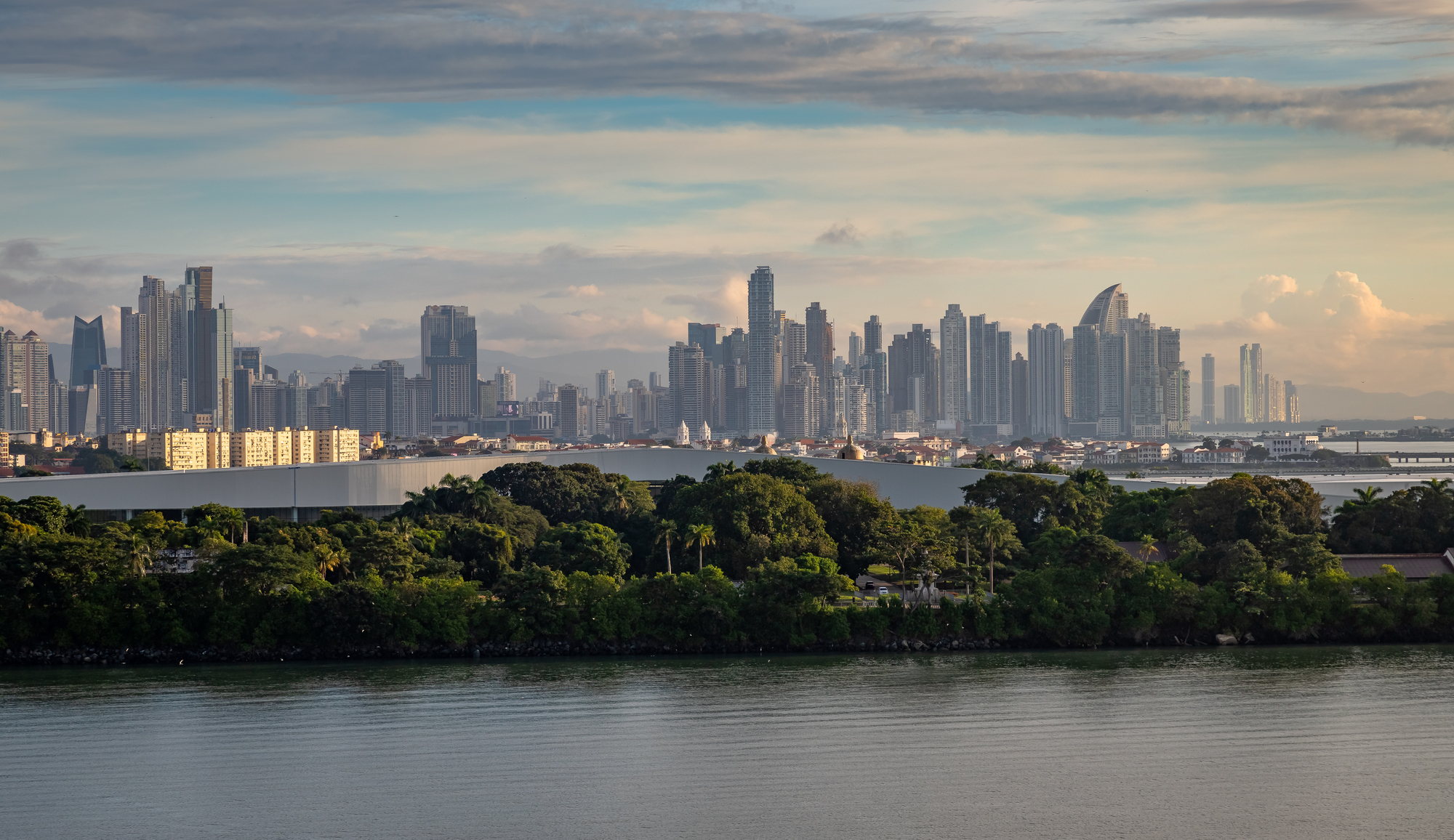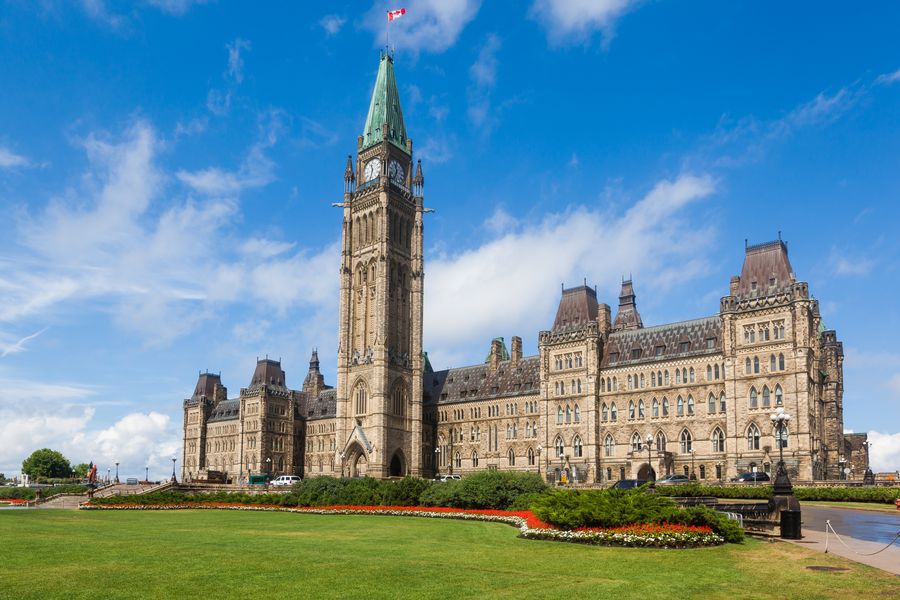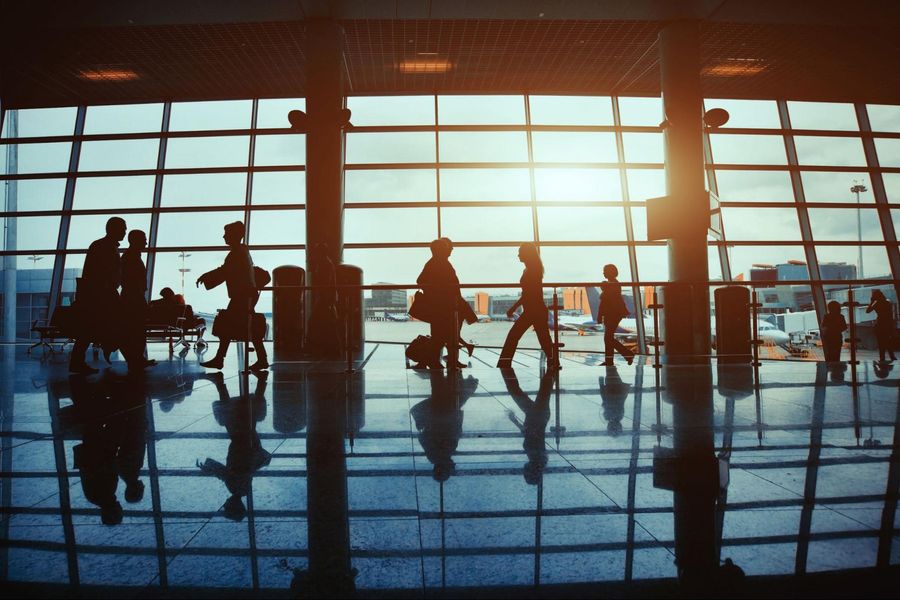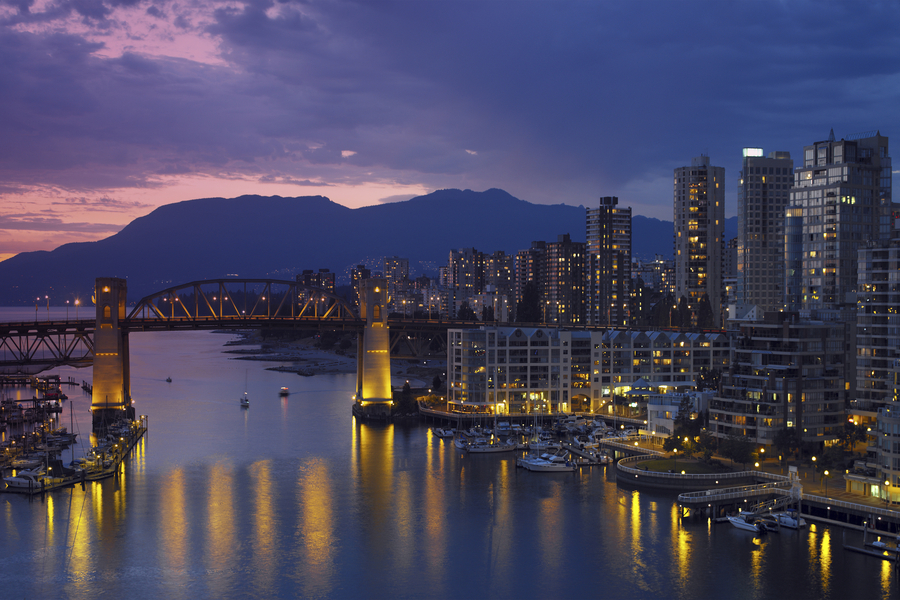Last Updated on October 24, 2023 by Neil Sharma
There are roughly 300,000 Hong Kong residents who still hold Canadian passports, but as their once-vibrant city, bedimmed by an increasingly hostile, tyrannical government in Mainland China, forces them to relinquish citizenship to either nation, Canada has cleared the path for their return.
Last week, Refugees and Citizenship Canada (IRCC) announced a work permit, valid for a three-year term, for Hong Kong residents who obtained post-secondary diplomas in Canada within the last five years. Additionally, the IRCC will ease entry restrictions, with the eventual goal of permanent residency, for Hong Kong residents who have at least a year’s worth of work experience in Canada or who satisfy language and education criteria.
“The launch of the Hong Kong immigration pathway is a historic initiative that will attract young, talented and experienced graduates who will help to drive Canada’s economy forward,” said a statement from IRCC Minister Marco E. L. Mendicino.
“With flexible open work permits and a fast-track to permanent residency, skilled Hong Kong residents will have a unique opportunity to develop their careers and help accelerate Canada’s economic recovery,” continued the IRCC’s statement. “This is a landmark immigration initiative that will strengthen our economy and will deepen the ties between Canada and the people of Hong Kong.”
However, Canadians living in Hong Kong—which has among the highest concentration of Canadians in all of Asia—haven’t waited for the government’s recent overture. Oakwyn Realty’s Vancouver-based sales agents, Kevin Chen and Matt Zhang—the former of whom was born in Taiwan and arrived in Canada in 1996, and the latter, born in Mainland China, arrived a year later—say there’s been a noticeable increase in the last 18 months of arrivals from Hong Kong to Vancouver, which has traditionally had a robust Cantonese-speaking community, and while they suspect it likely pertains to the political turmoil gripping the Asian metropolis, they’re quick to extol Vancouver’s virtues and remind why their parents chose to settle in the city in the first place.
“It started a year and a half ago, with people moving back to Vancouver,” said Chen. “As [Hong Kong residents’] kids get older, they want them to grow up with a different education as well. It’s like what Matt and I experienced growing up; it’s why my parents moved to Vancouver.”
“The arrivals to Vancouver from Hong Kong never stopped, but there’s been a growth because of the political unrest. They’re leaving Hong Kong to start a new life,” added Zhang. “Vancouver is such a beautiful city—we have everything: beaches, mountains, sunshine. Who wouldn’t want to live here?”
Chen and Zhang noted Vancouver hasn’t been solely receiving people from Hong Kong; there’s been a steady inflow from Middle Eastern countries, too.
Canada welcomed 321,120 immigrants to the country in 2019—a 116-year high dating back to the year such statistics were recorded—but, in 2020, the COVID-19 pandemic put a spanner in the works. In November, the IRCC pledged to welcome roughly , 60% of whom would be “economic class,” between 2021 and 2023. The second wave of COVID-19 infections in Canada might make achieving that target difficult, but the country is trying.
Naturally, Hong Kong, one of the world’s few apex centres of commerce, and a city whose future has become nebulous, could help Canada realize that ambition. A recent CIBC Capital Markets report stated that the pandemic-induced phenomenon of Canadians fleeing urban centres for exurbs, and often beyond, , and that urban market fundamentals, as they pertain to demographics, will remain strong going forward because of immigration. The report, written by CIBC Capital Markets Deputy Chief Economist Benjamin Tal and Senior Economist Royce Mendes, singled out Hong Kong as a noteworthy source of replenishing Canada’s urban labour markets.
“Another factor to consider is the increased likelihood that due to the situation in Hong Kong, many Canadian residents there are choosing to return to Canada,” said the report. “And that number probably could accelerate in the coming year given that the Chinese authorities are starting to enforce a decade-old law that denies dual citizenship. The official estimate is that there are currently 300,000 Canadian citizens in Hong Kong, but that estimate is based on 2006 statistics. It’s not unreasonable to assume that the current number is close to 400,000. Based on the above shortcomings, we estimate that the number of returning citizens in 2020 was close to [60,000] people higher than suggested by official estimates.”
Neil Sharma is the Editor-In-Chief of Canadian Real Estate Wealth and Real Estate Professional. As a journalist, he has covered Canada’s housing market for the Toronto Star, Toronto Sun, National Post, and other publications, specializing in everything from market trends to mortgage and investment advice. He can be reached at neil@crewmedia.ca.


